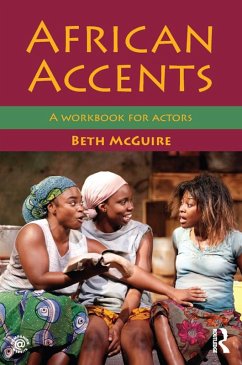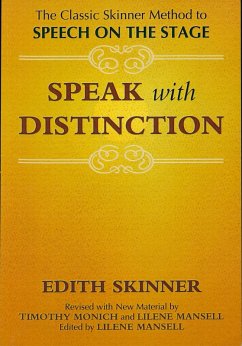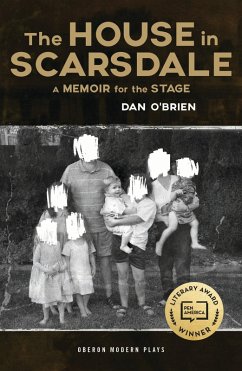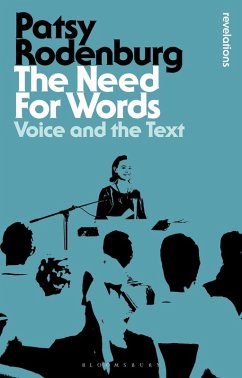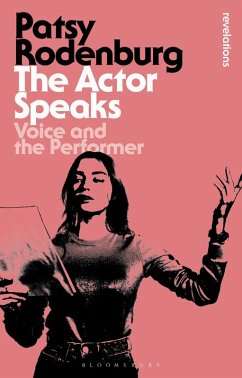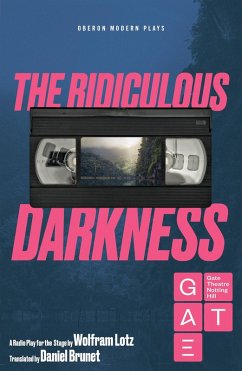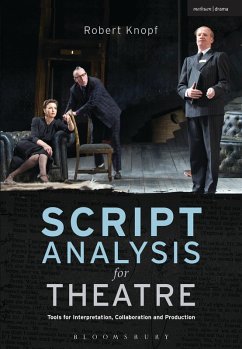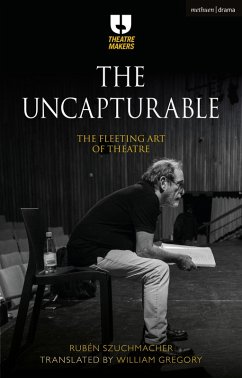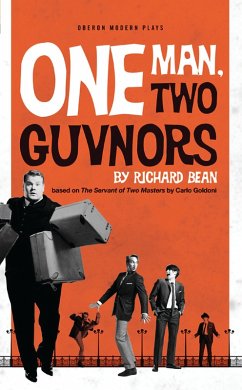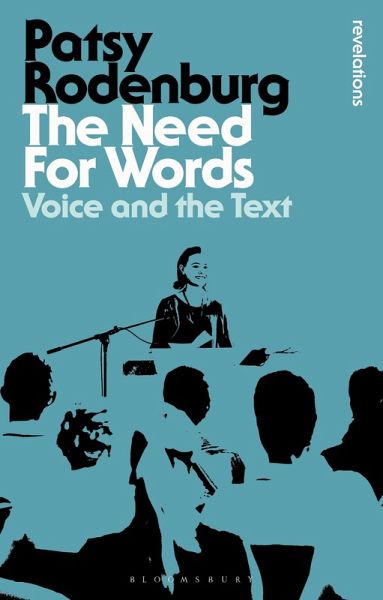
The Need for Words (eBook, ePUB)
Voice and the Text
Versandkostenfrei!
Sofort per Download lieferbar
19,95 €
inkl. MwSt.
Weitere Ausgaben:

PAYBACK Punkte
10 °P sammeln!
As one of the world's leading voice coaches, Patsy Rodenburg describes practical ways to approach language, using Shakespeare, Romantic poetry, modern prose and a range of other texts to help each of us discover our own unique need for words. In Part One Rodenburg attacks the myth that there is only one correct way to speak by clearing away the blocks that can make language inaccessible. Part Two, a series of language and text exercises, connects the voice to the shape and quality of individual words and phrases. Drawing on Rodenburg's time spent coaching in the worlds of business and politics...
As one of the world's leading voice coaches, Patsy Rodenburg describes practical ways to approach language, using Shakespeare, Romantic poetry, modern prose and a range of other texts to help each of us discover our own unique need for words. In Part One Rodenburg attacks the myth that there is only one correct way to speak by clearing away the blocks that can make language inaccessible. Part Two, a series of language and text exercises, connects the voice to the shape and quality of individual words and phrases. Drawing on Rodenburg's time spent coaching in the worlds of business and politics, this edition reflects on how the way we use words has changed since the book was first published. It brings a renewed focus on the language of power, spoken in the worlds of politicians and company directors. This gives readers an insight into the potency of clear, direct communication. Language and text exercises provide readers with unmediated access to this new research, allowing them to practice and master the language and words that drive the modern world. Foreword by Antony Sher.




